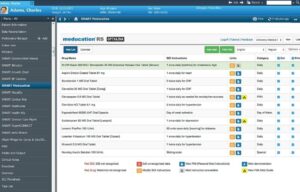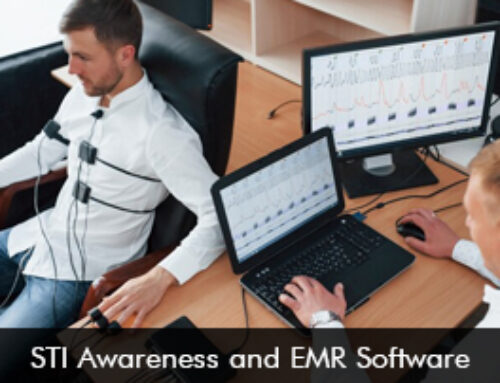Patient data management has always been a top concern for healthcare practitioners. With stringent regulations and compliance, patient data must be effectively managed. As we step into 2024, the need for secure, efficient, and ethical patient data handling is paramount. Let’s explore some top tips for ensuring patient data management is up to the mark in this new era of healthcare.
1. Adopt Robust Cybersecurity Measures
With the increasing digitization of health records, the vulnerability to cyber threats is higher than ever. Hospitals and healthcare institutions must invest in robust cybersecurity measures to safeguard patient data. This includes encryption protocols, regular security audits, and employee training programs to educate staff about potential threats like phishing and ransomware attacks.
2. Implement Blockchain Technology
Blockchain, renowned for its decentralized and secure nature, is making waves in healthcare data management. Its ability to create an unalterable record of transactions ensures the integrity of patient data. By adopting blockchain, healthcare providers can enhance data security, streamline interoperability, and establish stakeholder trust.
3. Prioritize Interoperability for Effective Patient Data Management
In 2024, the focus on interoperability is more significant than ever. Patient data is often scattered across various systems, and ensuring seamless communication between these systems is crucial for providing comprehensive and timely care. Healthcare providers should invest in systems that can seamlessly share and integrate patient data while adhering to privacy regulations.
4. Comply with Data Privacy Regulations
With the introduction of stringent data privacy regulations like GDPR and HIPAA, compliance is non-negotiable. Ensure that your organization is well-versed with the latest regulations and implements necessary protocols to comply with them. This not only protects patients’ rights but also shields healthcare institutions from legal consequences.
5. Educate Staff on Data Ethics
Data ethics is a critical aspect of patient data management. Healthcare professionals should be educated on the ethical use of patient data, emphasizing the importance of respecting patient privacy and confidentiality. Establishing a culture of ethical data practices ensures that everyone in the organization understands and follows ethical guidelines.
6. Regularly Update Systems and Software for Secure Patient Data Management
Outdated systems and software can be a breeding ground for security vulnerabilities. Regular updates, patches, and system checks are essential to ensure your patient data management system is equipped to handle emerging threats. Investing in the latest technology not only enhances security but also improves overall system efficiency.
7. Secure Mobile Devices and Applications
Securing these endpoints is crucial with the prevalence of mobile healthcare apps and devices. Implement robust security measures for mobile devices used by healthcare professionals, ensuring that patient data remains protected, even when accessed remotely. This includes secure authentication, encrypted communication, and the ability to remotely wipe devices in case of loss or theft.
8. Implement Artificial Intelligence for Data Analysis
Artificial Intelligence (AI) is proving to be a game-changer in healthcare data management. Implement AI-driven tools for data analysis, which can assist in identifying patterns, predicting outcomes, and improving overall decision-making. However, it’s crucial to ensure that these AI systems are transparent, explainable, and adhere to ethical standards.
9. Ensure Data Accuracy and Integrity With Patient Data Management
Inaccurate or corrupted data can lead to serious consequences in healthcare. Implement strict protocols for data accuracy and integrity checks. Regularly audit and cleanse your data to identify and rectify any discrepancies. This not only improves the quality of patient care but also builds trust in the reliability of your data.
10. Promote Patient Engagement and Empowerment
In the era of patient-centered care, involving patients in their healthcare journey is vital. Encourage patients to actively participate in managing their health data, providing them with secure access to their records. This not only empowers patients but also reduces the likelihood of errors in their health information.








